A Transparent Look: Why Are Bathroom Scales Made of Glass?

Stay tuned to our latest news
Have you ever wondered why an increasing number of bathroom scales are made of glass? What benefits does this material offer over more traditional alternatives? In this article, we will delve into the reasons behind this design choice and explore the unique features and benefits of glass bathroom scales.
Join us as we uncover the reasons why glass is a common material among bathroom scales. Get ready to gain a transparent understanding of why bathroom scales made of glass are revolutionizing the way we measure and monitor our weight.
Why Do Bathroom Scales Need to be Accurate?

Having accurate bathroom scales is extremely important for users for several reasons. Initially, it is crucial for individuals who are keen on weight management. Accurate scales provide reliable measurements, enabling users to track their progress effectively. By regularly monitoring their weight, individuals can make necessary adjustments to their diet and exercise routine to achieve their health goals.
Furthermore, accuracy is essential for those who are monitoring their overall health. Weight is crucial in diagnosing various health conditions, such as obesity, diabetes, and heart disease. Inaccurate measurements can mislead individuals about their true weight and hinder their ability to accurately monitor their health status.
Why Did Bathroom Scales Shift to Glass?

In recent years, there has been a noticeable shift in the design of bathroom scales, moving away from traditional materials to glass. Several reasons and factors have contributed to this change.
One primary reason for this change is the aesthetic appeal of glass scales. They boast a sleek and modern, adding a touch of sophistication to any bathroom. Additionally, the transparency of glass allows them to blend seamlessly with any decor style, making them a popular choice among homeowners.
Another contributing factor to this shift is the durability and sturdiness of glass scales. Unlike plastic or metal scales, glass scales are less likely to warp or become damaged over time. They can withstand heavy use and are less prone to scratches or dents, ensuring their longevity.
Furthermore, glass scales offer several advantages over other materials. They are easier to clean and maintain, as they do not absorb moisture or bacteria like other materials do. Glass scales also provide accurate and precise readings, as the weight is evenly distributed across the entire surface.
What Are the Downsides of Glass Bathroom Scales?

Despite their numerous advantages, glass bathroom scales come with some disadvantages. One primary concern is the fragility of glass. While glass scales are generally durable, they can break or crack if accidentally dropped or subjected to impacts. Manufacturers often take precautions to reinforce the glass and make it more resistant to breakage, but users should still handle them with care.
Another downside is that glass scales have weight limitations. Due to the structural properties of glass, they may not be suitable for individuals who weigh significantly more than the recommended limit. In such cases, alternative scale options should be considered to ensure accurate measurements.
Glass surfaces can also be slippery, especially when wet. This poses a potential safety hazard as users may find it challenging to maintain their balance when stepping onto or off the scale. While some glass scales feature non-slip pads or textured surfaces to address this concern, caution should still be exercised.
Glass is also prone to showing visible smudges, fingerprints, and scratches more prominently compared to other materials. Regular cleaning and maintenance are necessary to keep glass bathroom scales looking pristine. However, advancements in glass coatings and finishes have helped mitigate this issue to some extent.
Additionally, the cost of glass scales is often higher compared to non-glass alternatives. Factors such as material quality, manufacturing processes, and aesthetic considerations contribute to the increased price. It's important to assess your budget and weigh the benefits against the potential drawbacks when considering a glass bathroom scale.
What to Consider When Choosing a Glass Bathroom Scale?

When choosing a glass bathroom scale, there are several key factors to consider. One important factor is the accuracy of the scale. It is crucial to ensure that the scale provides consistent and precise weight measurements. Look for scales that are known for their accuracy and have reliable weight sensors.
Another factor to consider is the capacity of the scale. Determine how much weight the scale can handle and make sure it suits your specific needs. If you tend to weigh heavier than average, choose a scale with a higher weight limit.
Additionally, many digital scales now offer body composition metrics. These scales can measure factors such as body fat percentage, muscle mass, and bone density, providing you with a more comprehensive understanding of your overall health. Consider whether these metrics are important to you and if they align with your health goals.
Connectivity to apps is another feature to look for in digital scales. Many scales now come equipped with Bluetooth or Wi-Fi capabilities, allowing you to sync your weight data to smartphone apps or fitness trackers. This can be useful for tracking progress and analyzing trends over time.
On the other hand, analog scales offer simplicity and a long-lasting nature. They do not require any batteries or connectivity. They are typically more durable and are not prone to malfunctions or incorrect readings.
Takeaway
The increasing popularity of glass bathroom scales can be attributed to their aesthetic appeal, durability, ease of maintenance, and accurate weight measurements. While glass scales offer numerous advantages, it's important to be aware of their potential downsides, such as fragility, weight limitations, slippery surfaces, and the visibility of smudges and scratches. Consider your specific needs and preferences when choosing a glass bathroom scale, paying attention to factors like accuracy, weight capacity, body composition metrics, and connectivity options. Alternatively, analog scales offer simplicity and long-lasting durability. By carefully considering these factors, you can make an informed decision that best suits your requirements and preferences for a bathroom scale.
Renpho Health Tips
-
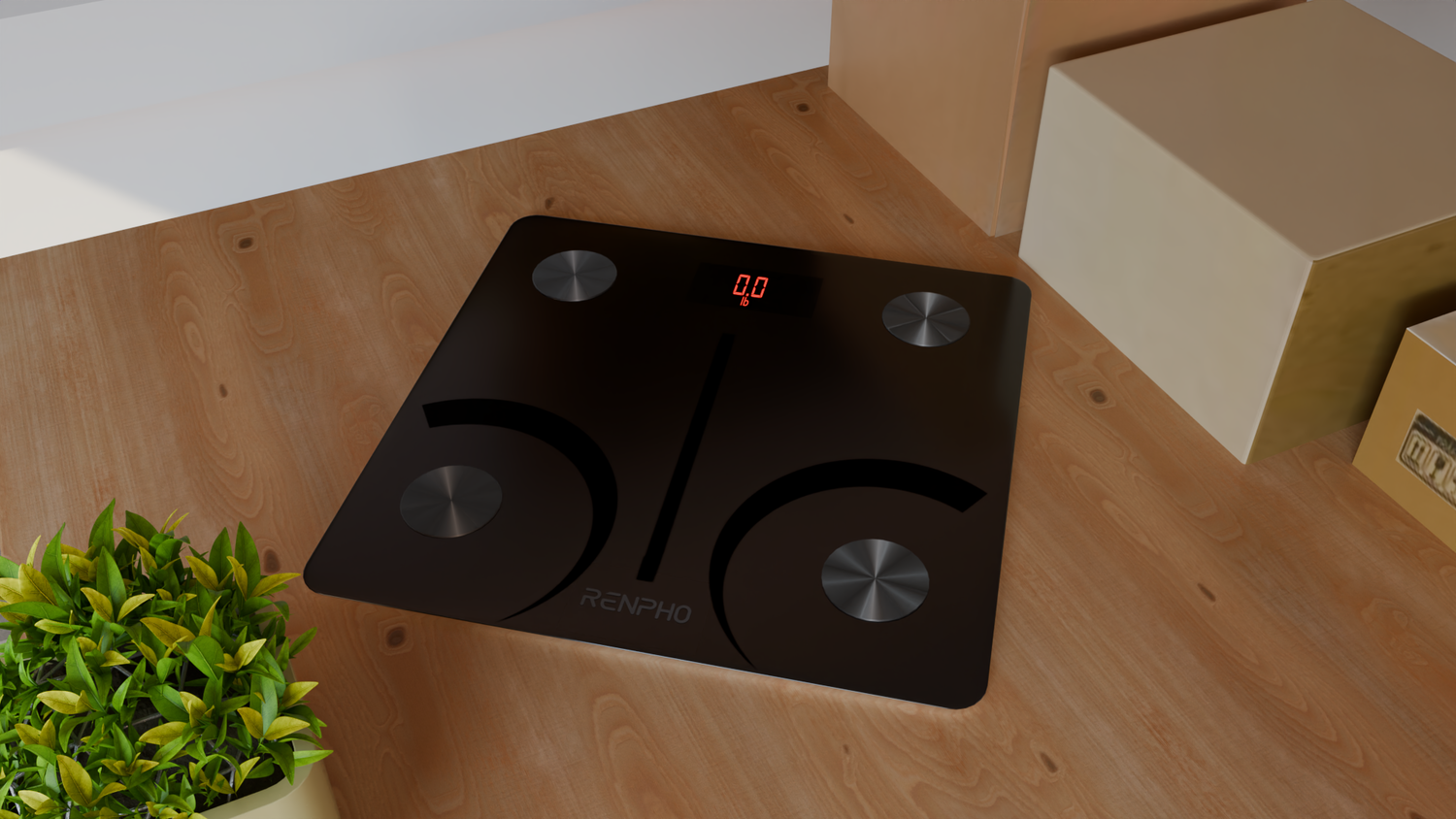
Thinking Outside the Box: Can You Use Bathroom Scales to Weigh Packages?
March 5, 2024
Read more >
-
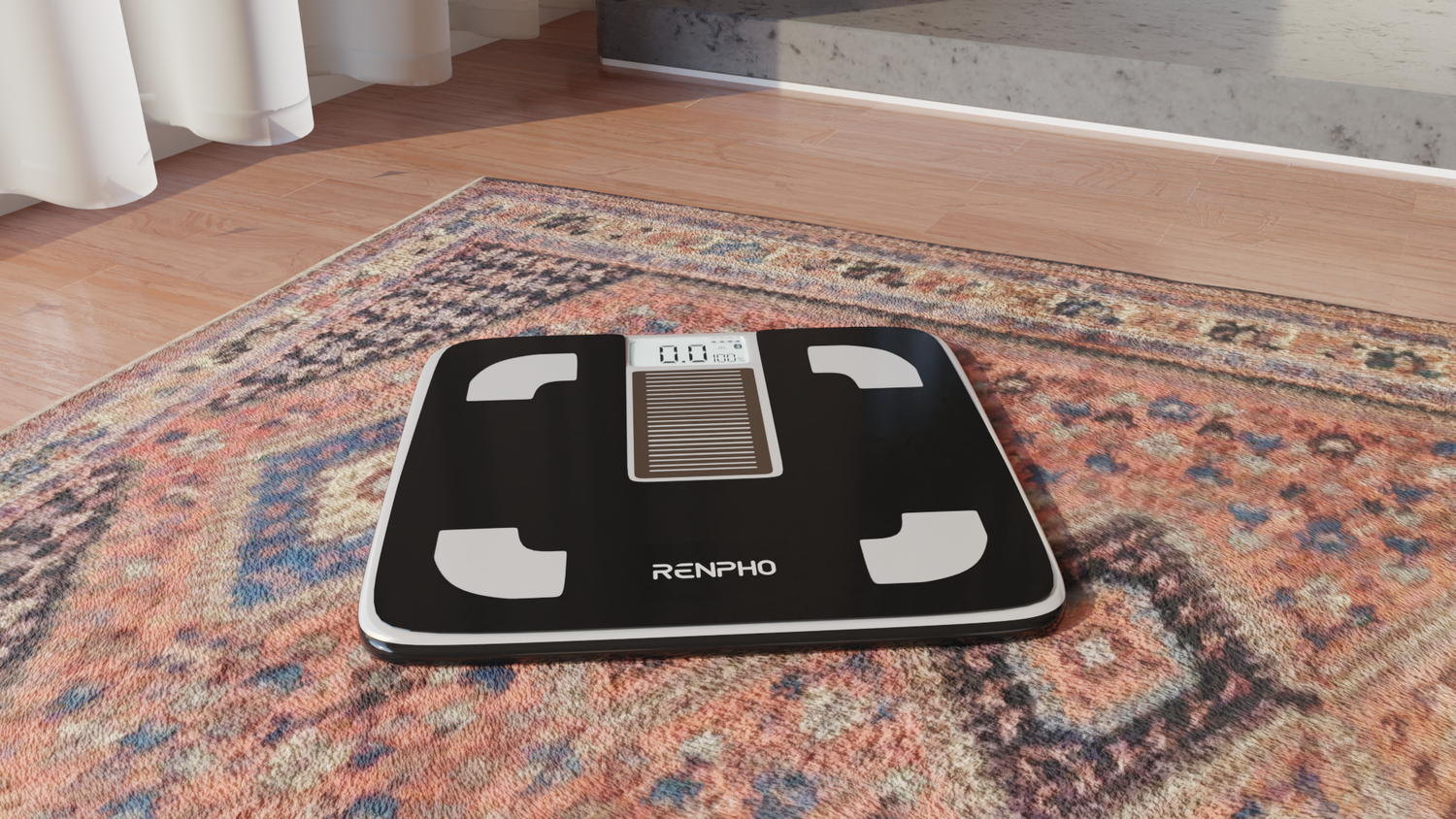
Carpets vs. Digital Scales: Understanding the Challenges and Solutions
February 27, 2024
Read more >
-
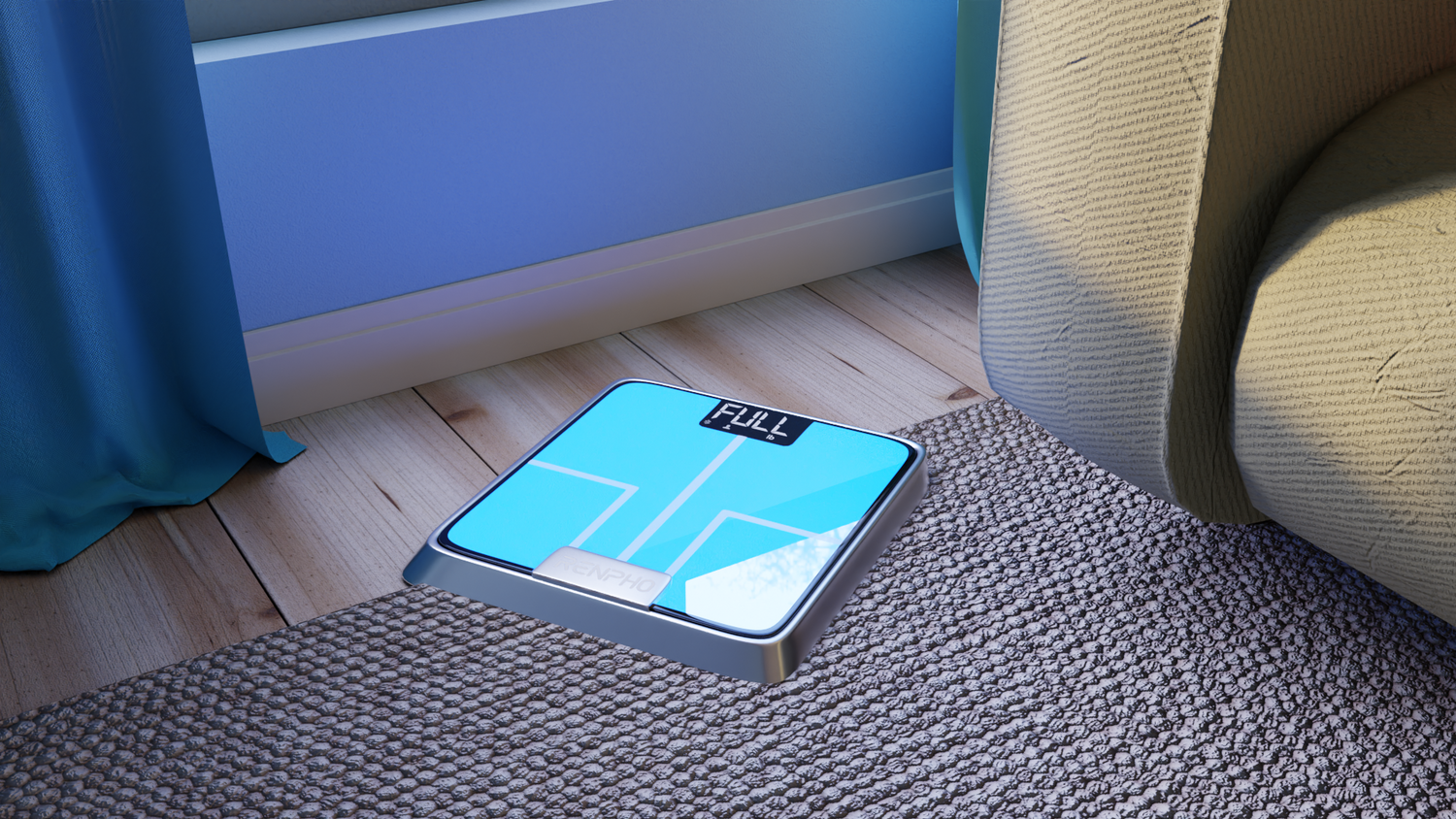
Maxed Out or Malfunctioning? Why Does My Digital Scale Say 'Full'?
February 21, 2024
Read more >
-
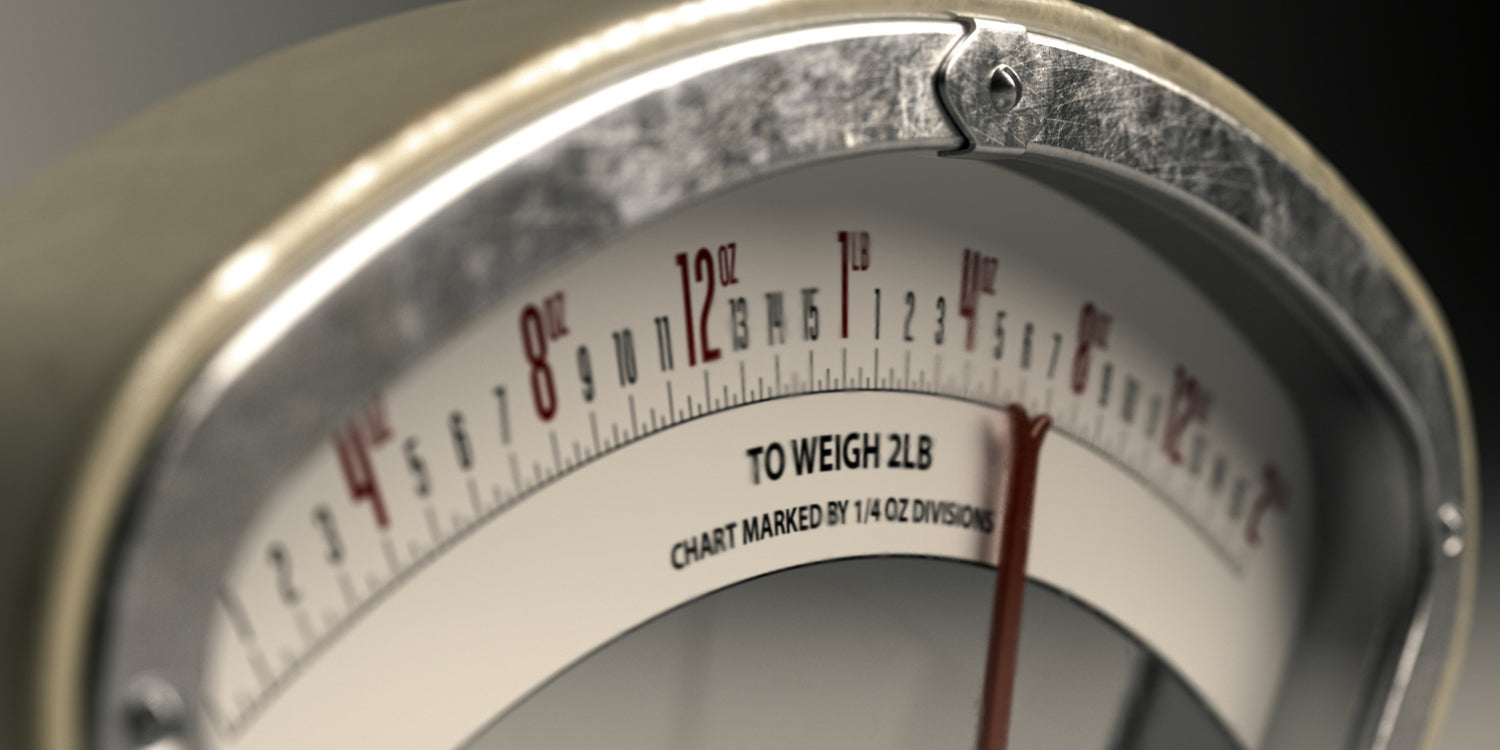
Comparing Precision and Performance: Digital Scale vs Balance for Home Use
February 15, 2024
Read more >
-
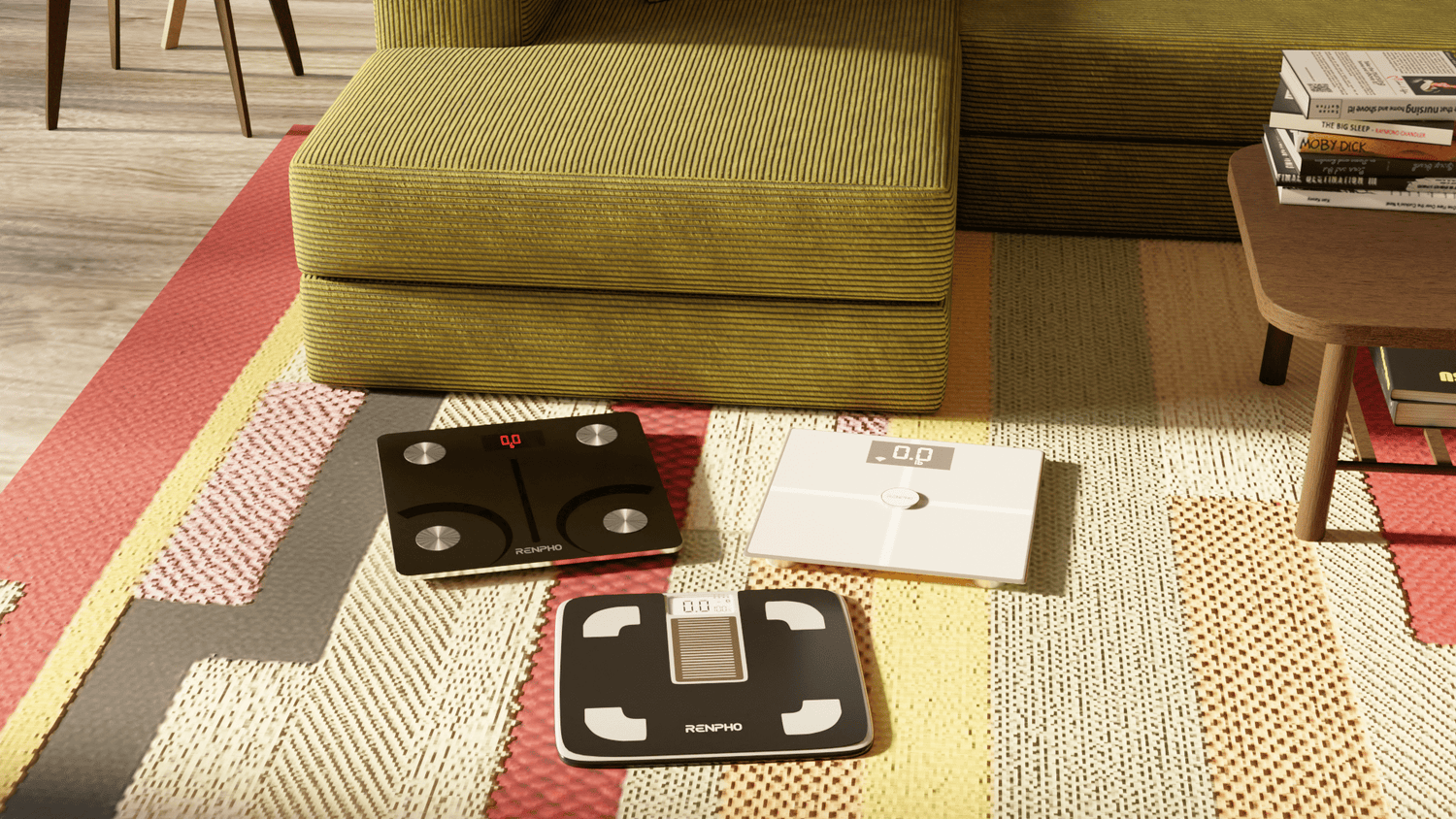
Step Up Your Fitness Game: How Elis Smart Scales Are Taking Over Social Media
February 7, 2024
Read more >



